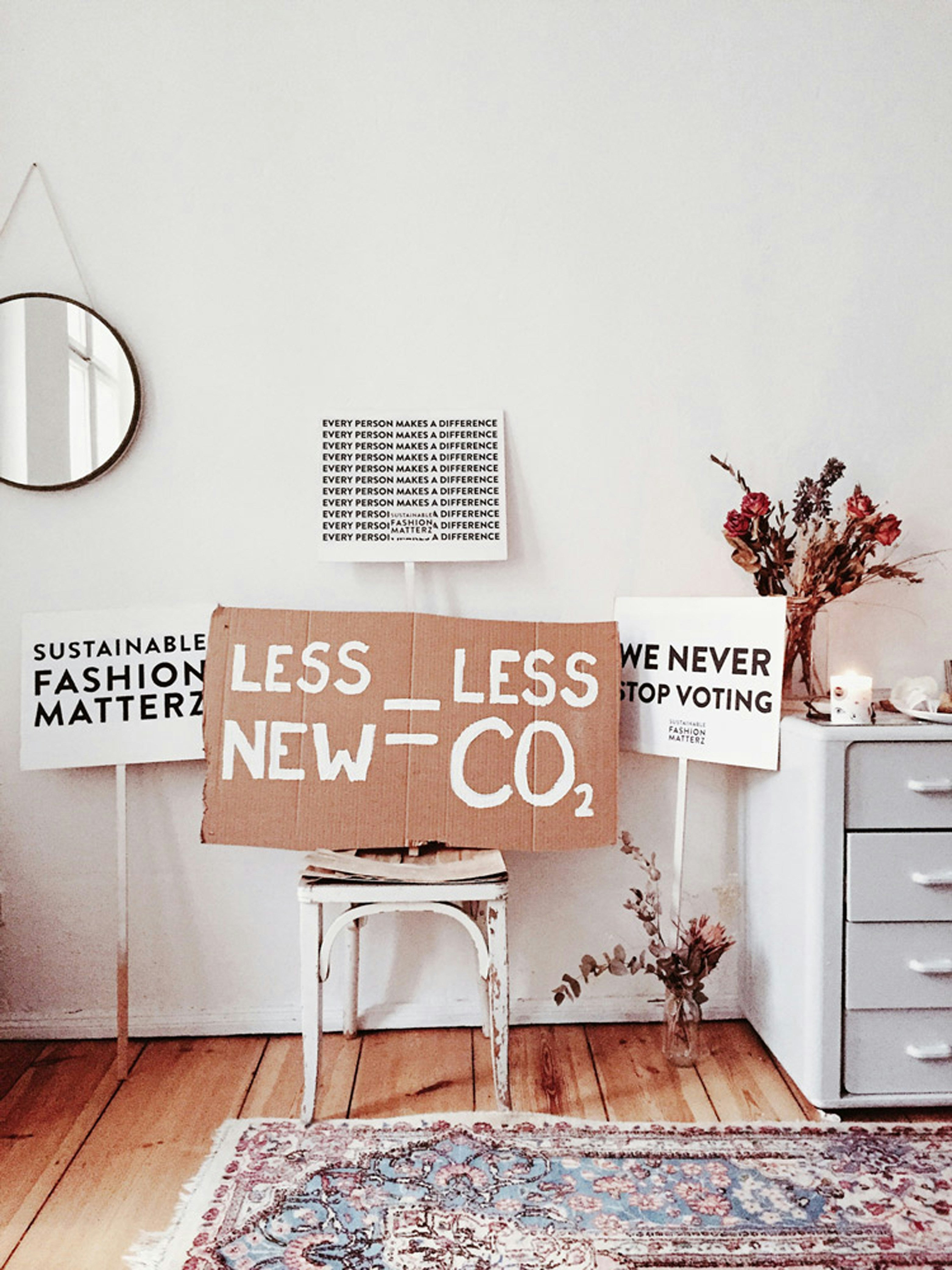In recent years, a new form of anxiety has emerged among younger generations—eco-anxiety. This term describes the chronic fear of environmental catastrophe and the distress caused by climate change, pollution, and biodiversity loss. As global warming intensifies and news of environmental disasters becomes more frequent, many young people feel overwhelmed by the scale of the crisis and the seeming inaction of political and corporate leaders.
What Causes Eco-Anxiety?
Eco-anxiety stems from various factors, including:
- Climate Change Awareness – Reports of rising temperatures, extreme weather events, and melting ice caps contribute to a sense of urgency and helplessness.
- Media Exposure – Constant exposure to alarming news on social media and traditional media reinforces feelings of despair.
- Perceived Inaction – Many young people feel frustrated by the slow response of governments and industries to the climate crisis.
- Uncertain Future – Concerns about food security, water shortages, and displacement due to climate-related disasters create existential fears.
The Psychological Impact
Eco-anxiety can manifest in different ways, including stress, depression, insomnia, and a loss of motivation. Some individuals experience guilt over their personal environmental footprint, while others struggle with feelings of powerlessness. Unlike general anxiety disorders, eco-anxiety is rooted in real and observable environmental threats, making it harder to dismiss or treat with conventional methods.
How Young People Are Responding
Despite the distress it causes, eco-anxiety is also driving youth activism. Many young people channel their fears into action, participating in climate protests, advocating for policy changes, and adopting sustainable lifestyles. Movements like Fridays for Future have demonstrated the power of youth-led environmental activism in influencing global discussions.
Coping Strategies
While eco-anxiety is a rational response to a serious problem, it’s important to find ways to manage it constructively:
1. Taking Action – Engaging in environmental initiatives, whether through activism, volunteering, or personal lifestyle changes, helps regain a sense of control.
2. Limiting Media Exposure – Reducing consumption of distressing news can prevent information overload and anxiety.
3. Fostering Community – Connecting with like-minded individuals provides emotional support and collective strength.
4. Seeking Professional Help – For severe anxiety, therapy can help develop coping mechanisms and resilience.
5. Focusing on Solutions – Celebrating environmental successes and innovations can provide hope and motivation.
A Call for Systemic Change
While individual efforts are valuable, systemic change is essential. Governments, corporations, and institutions must take responsibility for addressing climate change through stronger policies, sustainable business practices, and environmental education. By fostering a culture of responsibility and innovation, we can help alleviate eco-anxiety and create a more hopeful future for younger generations.
Eco-anxiety is not just a psychological phenomenon—it is a wake-up call. The growing concern among youth highlights the urgent need for collective action to protect our planet.




1 comment
Bert Petereit
Liebes SINGULAAR Team,
vielen Dank für Ihr Engagement für eine besseren Welt. Glauben Sie aber wirklich, dass dass ein wirkungsvoller Beitrag zum Fortbestand der Menschheit ist ? Ich meine das nicht despektierlich, das mag eine Trigger für eine ansprechende Werbung sein, aber ein wirkungsvoller Lösungsbeitrag ?
Vor Kurzem rief ein Weltführer seine eigene Nation dazu auf : “Drill Baby drill” und die reichste Nation der Welt schmeißt jetzt jeden verfügbaren Drillbohrer an, und manche mögen dabei Ihre Schuhe tragen.
Ich bin 75 und verfolge seit ich denken kann sehr akribisch das heutige Weltgeschehen und unsere Menschheitsgeschichte.
Mir kommen da Erinnerungen hoch an das Jahr 1943 . Die demagogische Rede im Sportpalast schallt vielen noch heute in den Ohren : “Wollt ihr den totalen Krieg” führte zum Untergang und zum Tod von etwa 60 mio. Menschen. Wohin wird uns “Drill,Baby drill” führen ? Verstehen Sie mich richtig, jeder, wirklich jeder Beitrag zu einer besseren Welt ist willkommen, aber Pfeil und Bogen oder die richtigen Schuhe werden den Wahnsinn der Selbstzerstörung nicht aufhalten.
Vielleicht sitzt da oben, im unsichtbaren Reich jemand, der sich die vollständige Vernichtung seines Werkes nicht ansehen wird. Was denken Sie?
Leave a comment
All comments are moderated before being published.
This site is protected by hCaptcha and the hCaptcha Privacy Policy and Terms of Service apply.